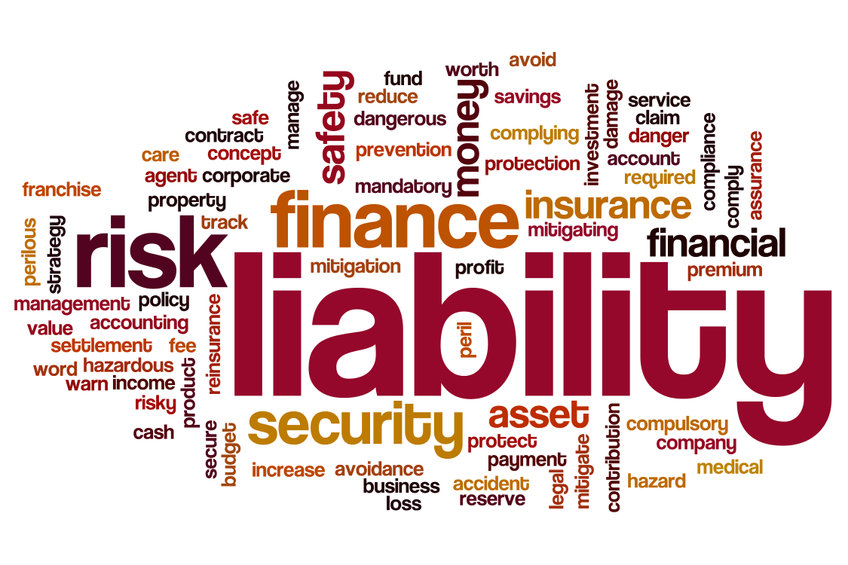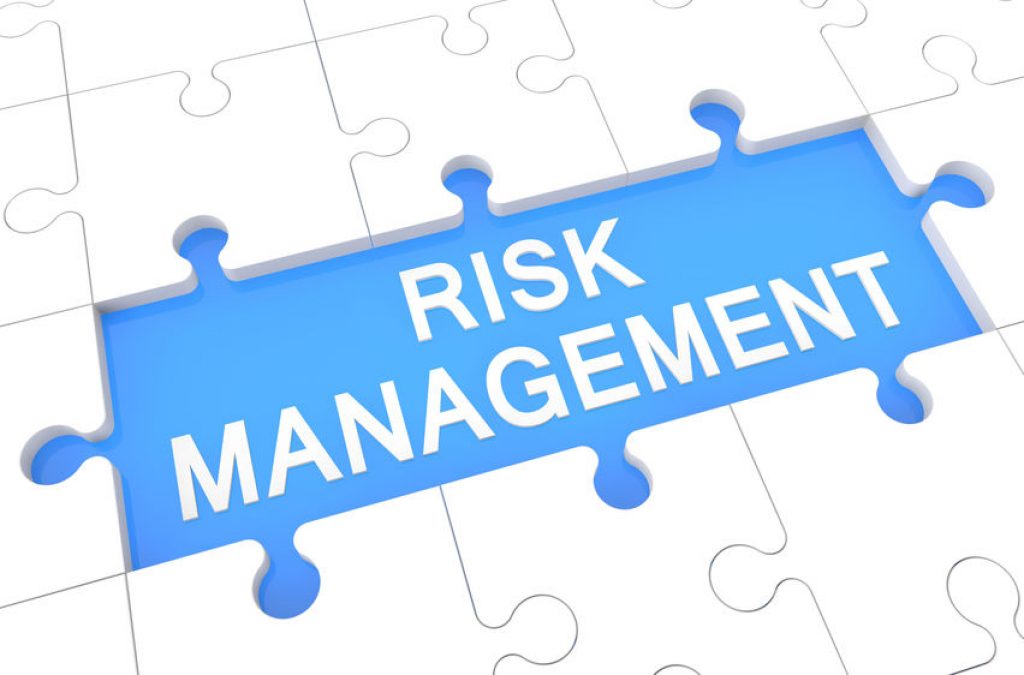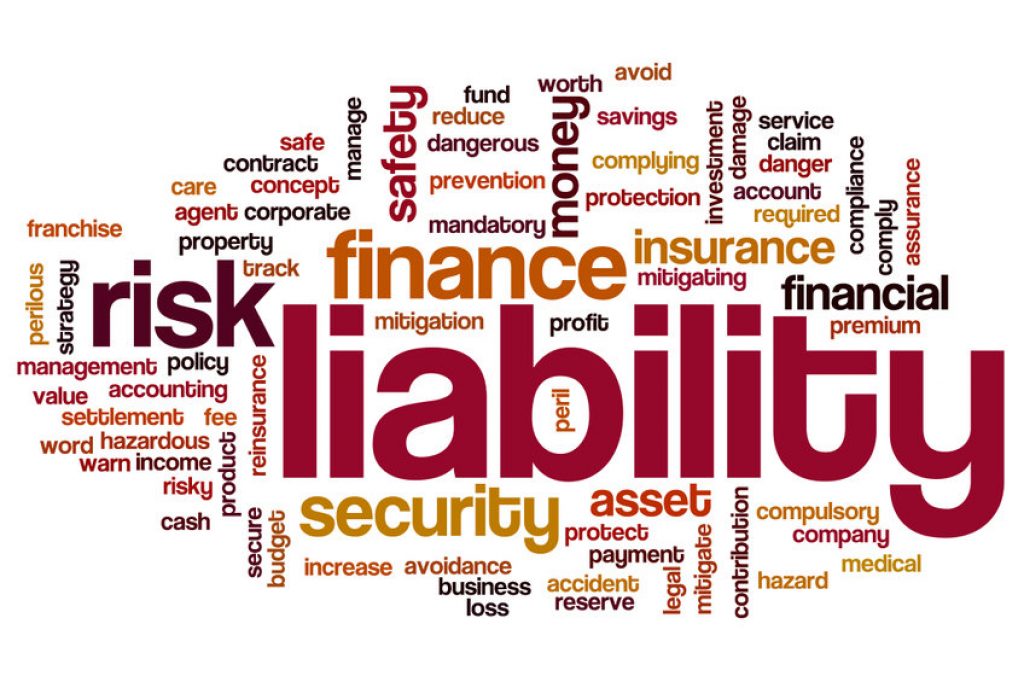
There are risks in any kind of business, but small business insurance solutions can help you reduce your risk and build your bottom line. Some small businesses may not want the extra expense that commercial insurance provides, but it is still a good idea to invest in business insurance.
What Are You Looking For?
Choose and Get Your Free Quote:👇️
General Liability Insurance ->
Professional Liability ->
Product Liability Insurance ->
Commercial Auto ->
Workers Compensation ->
Commercial Property ->
Other Business Insurance ->
Business insurance is an essential part of any small business budget. It protects your business from the risk of lawsuits and losses. This is a question that any small business owner must ask themselves before opening their doors for the first time.
The moment you start offering goods and services to customers, you have also taken the risk that something you did not plan for can go wrong. With the rise of technology, small businesses are finding it increasingly difficult to compete. The problem of business insurance is that it can be prohibitively expensive for small businesses.
Some small businesses have ceased trading because they were unable to afford business insurance. Many more have had to close their doors because something unexpected happened and they had to pay out of their own pockets for the repairs, claims, replacements or legal costs.
All businesses are special, but they also have several common elements. What makes them unique and different is the relevant size and importance of those elements. So consider the following list, and see how it fits in with your own experience of running a business, and which ones you think are most important for you:
- Owners, directors and employees protection
- Risk liabilities
- Assets
- Income
Insurance for the people in your business
People fit in in different ways to all small businesses. Suppose you are a sole trader or are self-employed. In that case, you are more likely to be interested in maintaining the flow of income from the business, and protecting your own wealth in case some accidents or mistakes happen and you are sued.
For example, suppose you are a building contractor working in the construction industry. In that case, you should have workers compensation insurance if you employ more than a set number of people, whether they are full-time, part-time, casual or contractors.
Say you want to make sure that you still get some form of income even if you are forced to stop working because of something that happens that was out of your control. Something like a massive flood can destroy all access to your business place and prevent you from restarting operations for weeks or even months.
Business income insurance is a way to keep the money flowing so that you can still feed the family, pay your rent and other fixed expenses, and not have to dip into your personal savings.
Workers Compensation Insurance solution
Most states have even made it the law that you must have Workers Compensation insurance and can penalize you with fines and even jail time if you don’t have it. As long as your business is considered to be operating in the construction sector, then it is required to have this coverage.
This insurance will protect your business from accidents that happen on-site and off-site. Workman’s compensation can also protect employers from lawsuits if an injury on the job results in a death.
Even if you don’t employ other people, you have the option to take out workers compensation insurance for yourself, to cover you in case an accident in the workplace injures you.
There are different rules in each state, so you should check your state government’s website to see whether you can take out workers compensation cover if you are the sole proprietor of a business or are self-employed. In California, the government’s website of Department of Industrial Relations stipulates the following general guidelines about workers compensation:
Under California Labor Code (Section 3700), all California employers that employ one or more employees must provide workers’ compensation cover.
Suppose a sole proprietor in California wants to take out workers’ compensation insurance to cover himself or herself only. In that case, they must state this clearly in the workers’ compensation policy or it must be added as an endorsement.
The definition of who is an employee and will be covered under a workers’ compensation policy depends on the laws of your particular state, and whether your business is a sole proprietorship, a partnership, or a corporation. The National Federation of Independent Businesses (NFIB) summarizes each state’s worker compensation requirements.
Income protection solution
In cases where your business has to stop operating because of some external event like a flood that cuts out all electricity to your town for weeks, you can have income protection that guarantees that you can still live and pay your ongoing expenses.
Business income continuity insurance (BICI) is a type of business insurance that provides protection against the risk of losing business income due to a temporary disruption in operations.
Business income continuity insurance protects businesses if they cannot provide services because of a natural disaster, power outage, or other unforeseen events. It also helps businesses recover from financial losses and continue their operations.
The BICI can be purchased for an annual premium or monthly subscription fee. Businesses need to consider purchasing BICI because it will help them avoid being financially penalized if they sustain a loss due to an interruption in operations and also help them recover from such losses.
It helps businesses to continue their operations in case of an accident, natural disaster or other unforeseen events that may disrupt the flow of income. This type of policy is a must for any business with a high risk of losing revenue.
The cost of this type of insurance is based on the business’s assets and risk level.
Risk liabilities solutions
There are several risks that a business owner can take, but one, in particular, is the risk of liability. This can happen when a business owner has not taken the necessary precautions to protect their business from potential lawsuits.
General Liability insurance
The moment you start to operate as a business and charge customers for goods and services, you have become a legal entity and can be sued in several different ways. As a legal business entity, you have a “duty of care” and are required to exercise proper supervision as well as to anticipate the possibility that accidents can happen. These are legal liabilities, and you can’t defend yourself by saying “I didn’t expect this to happen” or even in many cases “It wasn’t my fault.”
The “duty of care” rests on your shoulders to always ensure that visitors have safe access to your business place if you are offering services to them. So, for example, suppose there are steps leading up into your workplace in a rented building, and one of those stairs is defective and collapses when a heavy visitor steps on it, breaks a leg and has to be hospitalized for months.
You can be sued for all the costs, pain and suffering, loss of income, and other matters running up into hundreds of thousands of dollars. Furthermore, you can’t defend yourself by saying the visitor was overweight and shouldn’t have tried to walk up the stairs. You also can’t claim that you didn’t know that the stairs were weak, or even that the stairway is outside of your workplace.
The best way to protect yourself in such a case is to have General Liability insurance (also called Public Liability insurance). Business insurance is a form of risk management that protects a business against the financial losses resulting from legal liabilities.
You can also include Public Liability cover in a broader policy called Business Owners insurance. For example, suppose you own a restaurant. In that case, it will cover the cost of damage or injury to customers resulting from an accident as well as property damage from fires, floods, theft, and other such causes. It also helps protect against lawsuits and legal fees.
The business owner should strive to provide a safe environment for their customers by enforcing necessary safety rules and regulations. The business owner should be aware of different risks they are taking on when they decide to open their business. They should also be aware of all potential hazards that might harm or injure their customer or visitor and take measures to prevent these risks.
Professional Liability insurance
Professional liability risks for businesses have been on the rise as more and more people turn to sue instead of working things out. This is because there are more people who are aware of their rights and how to protect themselves.
With the help of legal firms, a lot of people are finding themselves winning their cases and being compensated. It’s important for businesses to know what they’re covered for and what they need to do in order to protect themselves from these risks.
Product Liability insurance
Product liability covers damages caused by a defective product that is manufactured, or sold by the business. Businesses have to be careful when it comes to product liability risks. They must take all the necessary precautions and do their homework to avoid any legal trouble.
Businesses are now more likely to be sued for product liability risks than they are to be sued for any other type of risk. Businesses must understand the risks and take appropriate steps to reduce their liability.
Product liability is a type of legal risk businesses face when they manufacture, sell, or use a product or service. It encompasses a range of claims such as negligence, strict liability, breach of warranty and breach of contract. In the United States, product liability law is governed by state laws and federal law in cases where there is a conflict between state and federal law. Wikipedia has more details on both Federal and State laws of product liability.
Benefits of liability insurance
Suppose your business incurs a lawsuit stemming from an accident or error or defect. In that case, you can protect yourself by using the insurance company to defend the claim and ultimately use your defense funds to pay for damages and legal fees.
You are not required to defend your business against lawsuits, but you should be aware that when doing so, most insurance companies will attempt to mitigate the risk and settle with the plaintiff out of court. This can often lead to a shortened timetable for pursuing damages and shorter legal fees for your business.
A small business can be liable for injuries or damage caused by the negligence of the owner, employees, or visitors. There is a duty of care for both the customer and the visitor to protect themselves from harm. Small businesses need to have insurance in order to cover potential liability costs.
Assets insurance solutions
You probably have a lot of money invested in the buildings, equipment and inventory of your business, and a calamity like a freak fire can wipe that out, extreme weather conditions, flooding and many other natural events, or by malicious actions such as theft, arson or vandalism. To be able to recover from quickly
Suppose you are operating a business out of your home. In that case, it is recommended that you have separate property insurance. Alternatively, get an endorsement on your homeowner’s insurance to protect yourself and your property from accidents that may occur in your home as a result of commercial activity.
Commercial Property insurance covers the buildings of small businesses, sole proprietorships, partnerships, and limited liability companies. It provides coverage for damage and destruction caused by accidents on business property as well as protection for the business during times of natural disasters.
Commercial vehicle insurance
Commercial vehicle insurance is one type of business insurance that provides coverage for vehicles owned or used in commercial activity by the business. This type of policy covers bodily injury, property damage, and liability claims for the business’s vehicles. Commercial vehicle insurance’s main purpose is to protect from financial losses and legal liabilities in case a claim is made on behalf of a vehicle owned by the business.
Vehicles owned by a business are covered by commercial vehicle insurance in case they are involved in incidents that generate claims. Such claims can be made on behalf of others, such as those injured or have property damage, or on behalf of the business itself. This type of insurance is also intended to protect the business from potentially high financial losses, legal liabilities, and reputation damage if an incident with a business vehicle occurs. The coverage limits are usually much higher than those of personal auto insurance- typically $1 million per occurrence for property damage and up to $2 million per occurrence for bodily injury.
Insurance is an essential part of every business. It protects the business and its employees, but many small businesses don’t realize that they need insurance for their business. The solution to this problem is to take a few simple steps to ensure that your business has insurance coverage.
FAQ
What is small business insurance?
Small Business insurance is beneficial because it can reduce your chances of having expensive problems such as liability claims, property damage, claims for breach of contract and many other possible events. It is beneficial because it shifts responsibility and risks off your shoulders.
How do I get the best small business insurance protection?
The right small business insurance policy can help you protect your assets, including inventory, business assets, fixed assets, vehicles and other equipment. Be sure to research your needs prior to shopping around.
If you have an existing policy, be sure to check its renewal date before purchasing a new policy. It’s common for the renewal date on your current policy to be more than a year in the future, so if you are looking at policies that are less than a year old, you will be paying more. If you have decided to purchase a new policy, make sure it has a subscription date that falls within your current expiration date on your existing policy.
What is the Best Small Business Insurance for workers comp?
Each state has different regulations about workers compensation. Be sure to research the relevant laws in your state. Several states don’t allow you to shop around and choose your own insurer, but require that you buy the policy from a state-owned insurance company.
What is the best business insurance for small businesses?
Business insurance is typically divided into two categories: general liability and workers compensation. General liability insurance is designed to cover your business for claims of bodily injury and property damage, while workers compensation covers the costs of medical care for employees who are injured at work.
General liability insurance can be expensive, but a small business must have to stay in good standing with the law. Workers compensation coverage is often more affordable than general liability coverage, so it’s best for a small business with no other insurance types.















